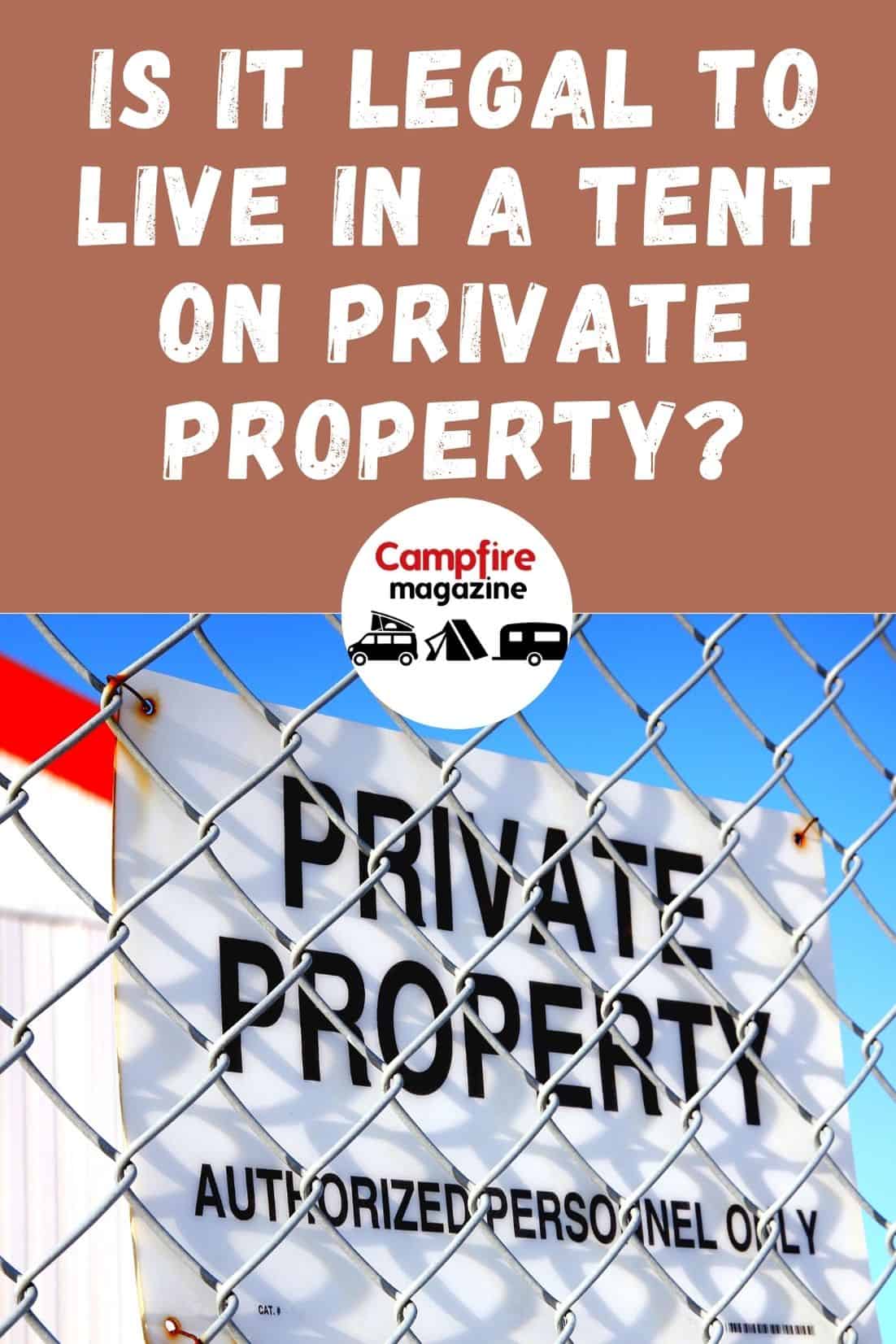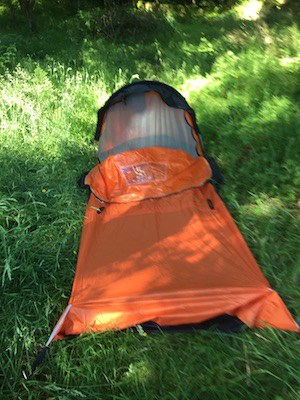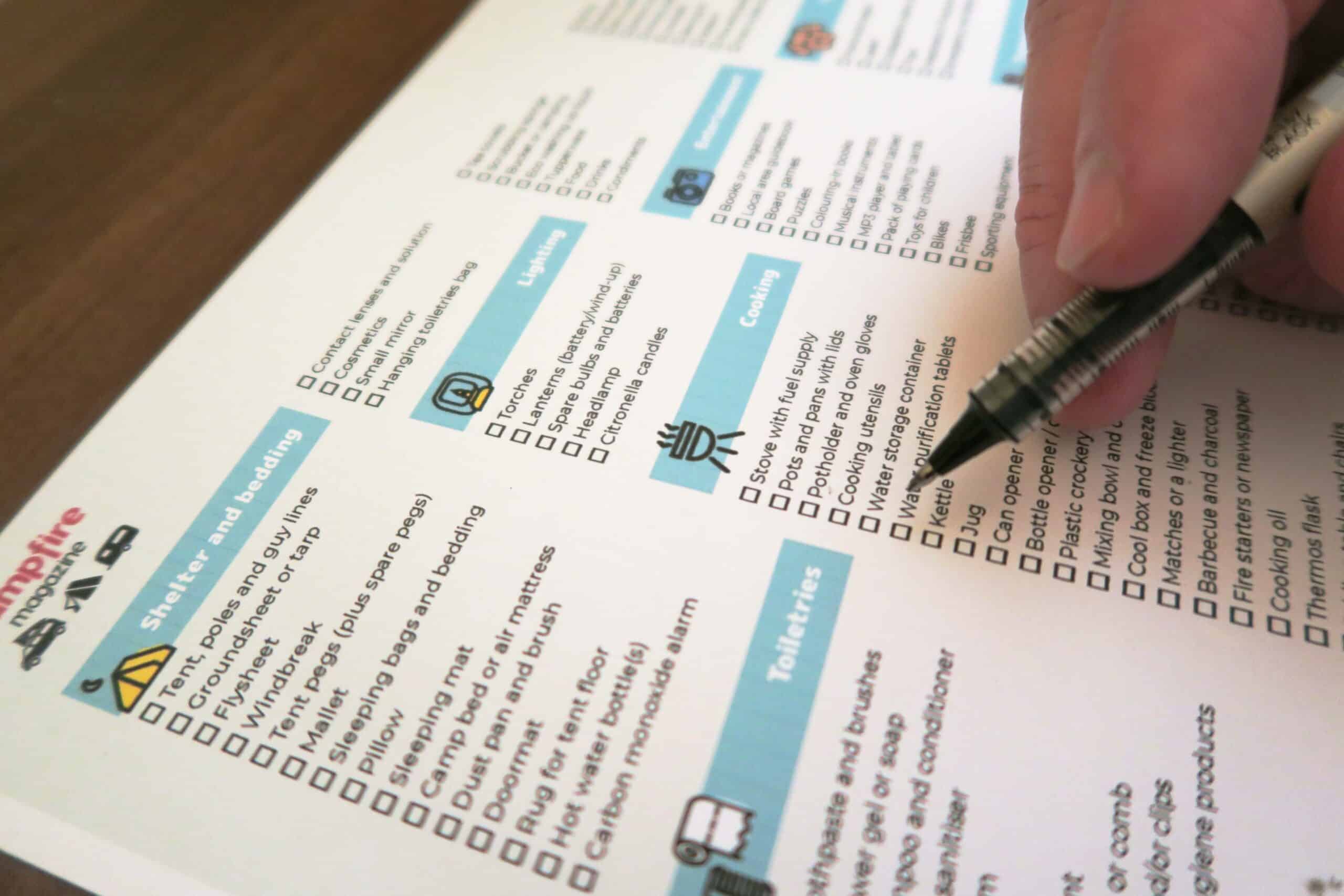Tent living is considered by some to be the most simplistic and enjoyable way of life. It allows you to get back to nature and enjoy everything it has to offer. But whether we like it or not, there are limits to where you can pitch a tent.
When we talk about living in a tent on private property, we are referring to an extended period of time. The laws surrounding this vary from location to location and there are many intricacies and loopholes that make it extremely confusing.
However, in this article, we are going to simplify all of the legal jargon and give you a clear cut answer on whether you can legally live in a tent on private land.
Latest update: March 2021

Can You Legally Live In A Tent On Private Land?
In the UK, the rules on where you can camp and for how long vary quite drastically. For example, in Scotland, campers can set up a tent anywhere they please as long as they follow a code on conduct for respectful camping. However, in England and Wales, this privilege is not given and in order to camp on any land, one must obtain permission from the land owner.
This is because all pieces of land are owned by a person or organisation. However, for the purposes of this article, we are going to look at land that is owned by a single person.
The 28 Day Rule For Camping
While you can, with permission, camp anywhere in the UK, and without permission in Scotland for a few nights at a time, when you want to spend longer in one location, you may find yourself having to cut through a lot of red tape.
Whether you own a piece of land or whether you are camping on someone else’s private property with permission, your stay cannot exceed 28 days. If it does, you may be asked to apply for planning permission which will affect any long term camping plans you may have
This sounds a little crazy at first, right? But when you think about it, planning permission could benefit you.
In this instance, the permission you would need to acquire would be to turn the piece of land into a campsite. But this doesn’t necessarily mean that it has to be akin to the large commercial campsites we are so used to seeing. It is entirely possible to apply for this permission for a single mobile dwelling.
The catch comes where facilities are concerned. By law, all campsites in the UK are required to provide access to toilet facilities, running water and electricity. If you are planning on turning your back garden into a campsite then this might not be as problematic as all of these things can be detailed as being available in the main house.
However, if you have purchased a piece of remote land, it might be a little more costly to set everything up.
On top of all of these rules, you must also consider that applying for planning permission will result in your neighbours having the opportunity to contest you. We did say there would be a lot of red tape!

Exemptions
There may be some people who are exempt from having to apply for planning permission to turn their private property into a campsite. Primarily, you should note that according to the UK government, if a council does not respond to your planning request within one month, you may execute your plans without being penalised.
Aside from this, you may not have to apply for a camping license if you are part of a group or organisation that is exempt. Most commonly these are groups such as Scouts and other camping clubs. You may also take advantage of this exemption if you only permit members of such organisations to stay on the land in their tents.
Furthermore, if the site will be used for less than 60 days in a 12 month period then you will not need to have planning permission.

Rules Of Private Property Camping
There is another rule that perhaps not as many people are aware of which details that anyone camping on private property for more than three consecutive nights will need to obtain permission from the County Council. While a lot of people do not adhere to this rule, it exists nevertheless.
The reason that this rule is in place is to prevent a build up of rubbish and human waste with the permission detailing how to handle this. These regulations are similar to the code of conduct you would follow when camping in the wild.
- Dispose of human waste by burying it with a trowel and do not defecate or urinate in natural bodies of water or use our Portable Camping Toilets guide.
- Remove all litter from the site once you have finished.
- Leave no trace of your presence and attempt to be as discreet as possible.
While these rules may seem unfair to some private landowners, the fact remains that members of the public may still have access to the land. Check out our page asking Is It Safe To Camp In Your Backyard?

Conclusion
Some people have such a love for camping that they may want to spend extended periods of time in their tents. However, across the UK, it is not legal to remain in a tent, even on private property for more than 28 days without obtaining planning permission.


